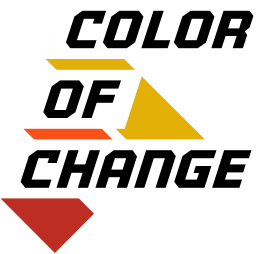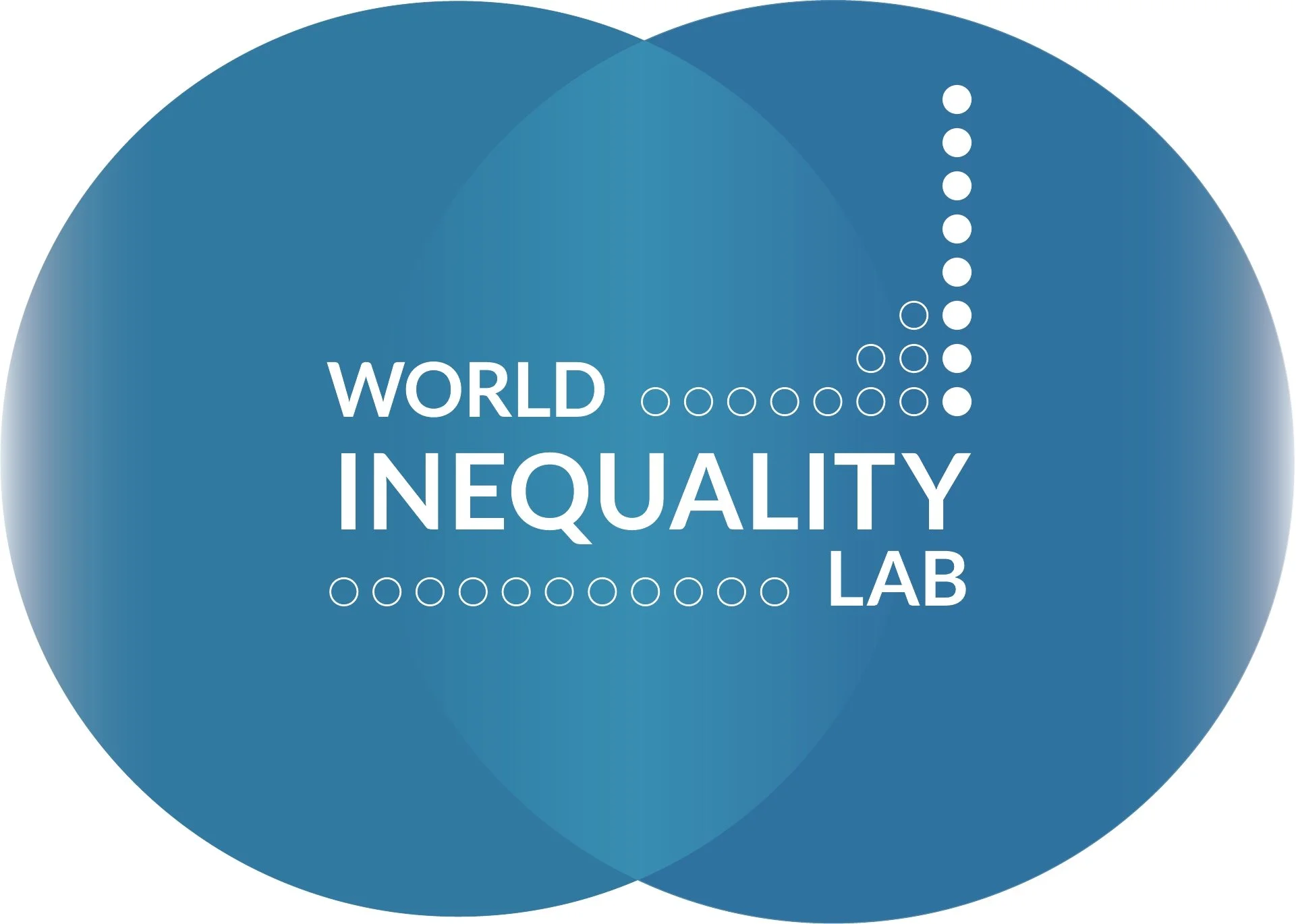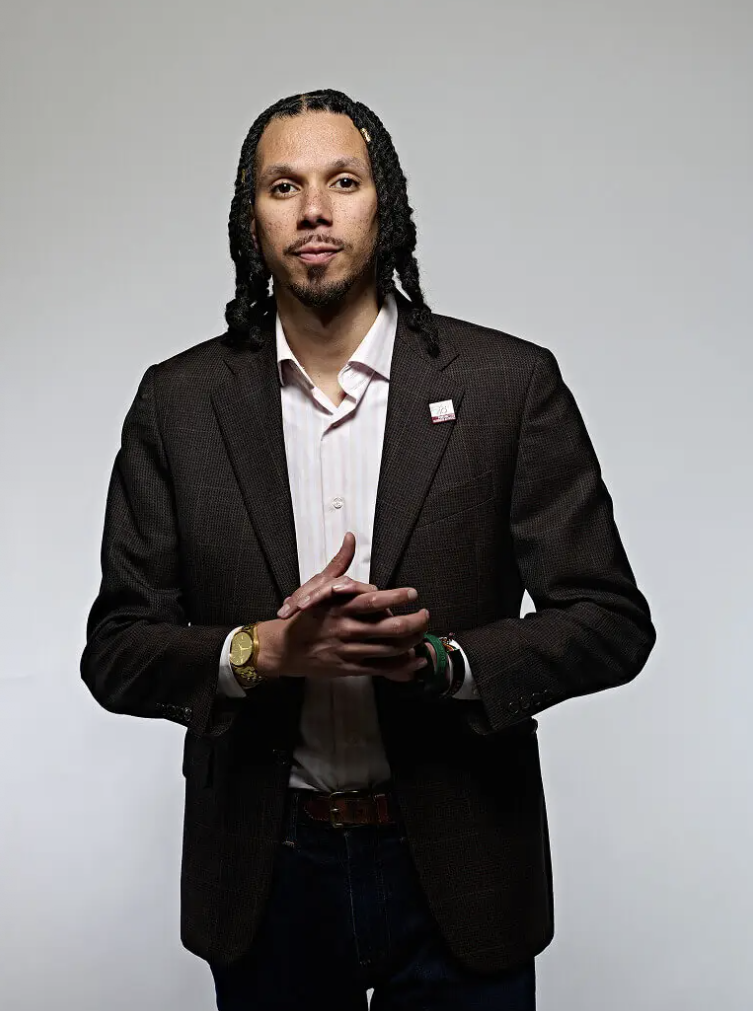Monthly Featured Organizations & Programs
Each month, G.L.O.B.A.L. Justice features various advocacy organizations, justice programs, community events, and leaders that are making a significant impact on the pursuit of justice worldwide. Check out the Features for this month:
Featured advocacy Organization:
COLOR OF CHANGE
Color of Change is a national online force that helps people respond effectively to injustice in the world around them. They design strategies that target politics, culture, the workplace, the economy, criminal justice and community life, aiming to end practices that unfairly hold Black people back so we can all move forward. By challenging injustice, holding corporate and political leaders accountable, and commissioning research, Color of Change hopes to create a more human and less hostile world for Black people in America.
Color of Change Issues: “Create Digital Safety” sets the stage for privacy in technology and artificial intelligence. “Economic Justice” works to stop neo-segregationists and fight for economic justice. “Justice System” works towards a system that incentivizes freedom over detention and care over punishment. “Media & Culture” ensures accurate and authentic representation of Black people in the media.
Featured ArtS:
LOVELAND VALENTINE REMAILING PROGRAM AND CARD
Every year for the past 80 years, Loveland has received nearly 100,000 Valentines from all 50 states and more than 110 countries to receive a special hand-stamped postmark from volunteers, the largest program of its kind. The Valentine Re-Mailing Program has become not only a beloved community tradition, but also a global symbol of connection and love. The 2026 stamp and cards share a meaningful message of love and kindness that resonates with recipients around the world. “Beneath the old oak tree, the sun’s soft shining light, our hearts grow steady, gentle, and bright. Hearts intertwined like the branches above. Now and forever deeply rooted in love.”
Featured Publication:
Global Wealth Accumulation and Ownership Patterns, 1800-2025
Global Wealth Accumulation and Ownership Patterns is a research publication from the World Inequality Database (WID) analyzing income and wealth inequality in all regions of the world between 1800 and 2025, including hourly productivity and human capital expenditure. This study looks at the relationship between equality and development with a much broader comparative and historical perspective than previous studies. With implications for future sustainable development strategies, the study finds that the rise of “social-democratic” institutions, extended access to human capital, and participation in public services and democracy have led to a strong positive association between more equality and higher productivity, particularly in Western and Nordic Europe.
For the past 25 years, the World Inequality Database aims to provide open and convenient access to the most extensive available database on the historical evolution of the world distribution of income and wealth, both within countries and between countries, through a long-term, cumulative, and collaborative research process.





